10 Best Herbal Essential Oils For Grief
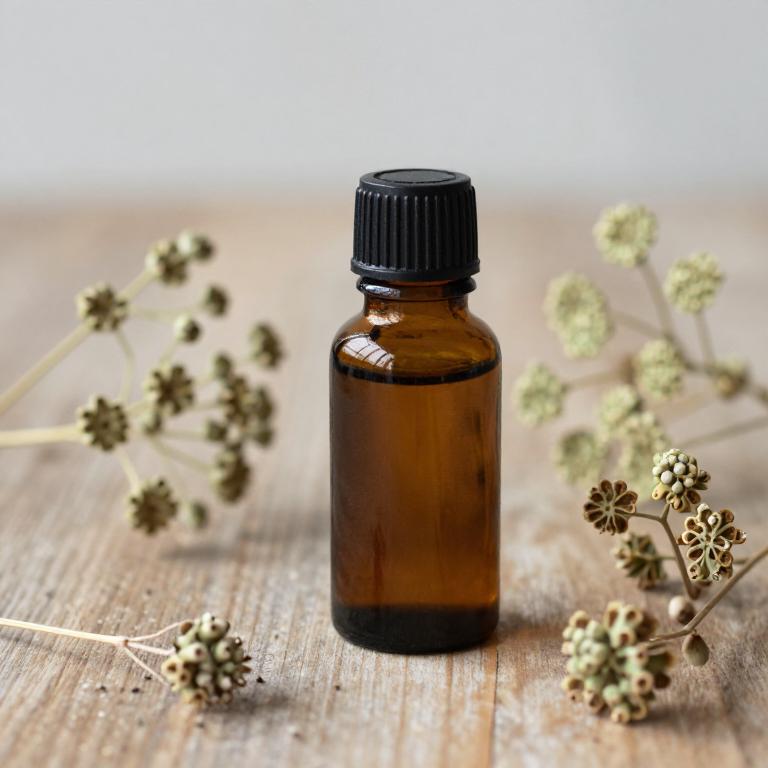
Herbal essential oils can offer a natural and soothing approach to managing the emotional complexities of grief.
Oils like lavender, chamomile, and frankincense are often used for their calming and grounding properties, helping to ease emotional distress and promote relaxation. When used in aromatherapy, these oils may help individuals process their grief more gently by reducing anxiety and fostering a sense of inner peace. Incorporating essential oils into daily routines, such as through diffusers or massage, can create a comforting environment that supports emotional healing.
While they are not a substitute for professional counseling, herbal essential oils can complement traditional grief support strategies.
Table of Contents
- 1. Valerian (Valeriana officinalis)
- 2. English lavender (Lavandula angustifolia)
- 3. Rosemary (Rosmarinus officinalis)
- 4. Ceylon cinnamon (Cinnamomum zeylanicum)
- 5. German chamomile (Chamomilla recutita)
- 6. Oregano (Origanum vulgare)
- 7. Lemon balm (Melissa officinalis)
- 8. Sandalwood (Santalum album)
- 9. Salvia (Salvia officinalis)
- 10. Black pepper (Piper nigrum)
1. Valerian (Valeriana officinalis)

Valeriana officinalis, commonly known as valerian, is a herb traditionally used for its calming and sedative properties, making its essential oil a potential aid in managing the emotional and psychological effects of grief.
The essential oil of valerian is derived from the roots of the plant and contains compounds like valerenic acid, which may help reduce anxiety and promote relaxation. When used in aromatherapy, valerian essential oil can support emotional balance by easing feelings of restlessness and melancholy often associated with grief. However, it is important to use this oil in moderation and consult with a healthcare professional, especially for those with underlying health conditions or who are taking medications.
While valerian essential oil may offer some comfort during the grieving process, it should not replace professional counseling or therapeutic support.
2. English lavender (Lavandula angustifolia)

Lavandula angustifolia, commonly known as English lavender, is renowned for its calming and soothing properties, making it a popular choice in aromatherapy for emotional healing.
Its essential oil, derived through steam distillation of the flowers, contains compounds like linalool and linalyl acetate, which are known to reduce anxiety and promote relaxation. When used in diffusers, massage oils, or bath blends, lavender essential oil can help alleviate the emotional burden of grief by fostering a sense of peace and clarity. The gentle, floral aroma of lavender is believed to support emotional balance and encourage a more positive mindset during times of loss.
Incorporating lavender essential oil into self-care routines can offer a natural and accessible way to manage grief-related stress and emotional distress.
3. Rosemary (Rosmarinus officinalis)

Rosmarinus officinalis, commonly known as rosemary, is a versatile herb whose essential oil has been traditionally used for its uplifting and calming properties.
The essential oil of rosemary contains compounds like cineole and camphor, which are known to support emotional balance and mental clarity, making it particularly beneficial for those experiencing grief. When used in aromatherapy, rosemary essential oil can help ease feelings of sorrow and promote a sense of peace and hope during times of loss. Its stimulating properties may also assist in reducing mental fog and enhancing focus, which can be helpful for individuals coping with the emotional and cognitive challenges of grief.
Incorporating rosemary essential oil into a self-care routine, such as through diffusion or topical application, can offer a gentle yet powerful support for emotional healing.
4. Ceylon cinnamon (Cinnamomum zeylanicum)

Cinnamomum zeylanicum, commonly known as cinnamon bark, produces a warm and aromatic essential oil that has been traditionally used for its calming and mood-enhancing properties.
This essential oil is believed to support emotional balance by promoting a sense of comfort and relaxation, making it a valuable tool in addressing the complex emotions associated with grief. Its soothing scent may help reduce feelings of sadness and anxiety, offering a gentle form of emotional support during times of loss. When used in diffusion, topical application, or aromatherapy, cinnamon essential oil can create a nurturing environment that encourages healing and reflection.
While it is not a substitute for professional counseling, it can complement holistic approaches to managing grief and emotional well-being.
5. German chamomile (Chamomilla recutita)
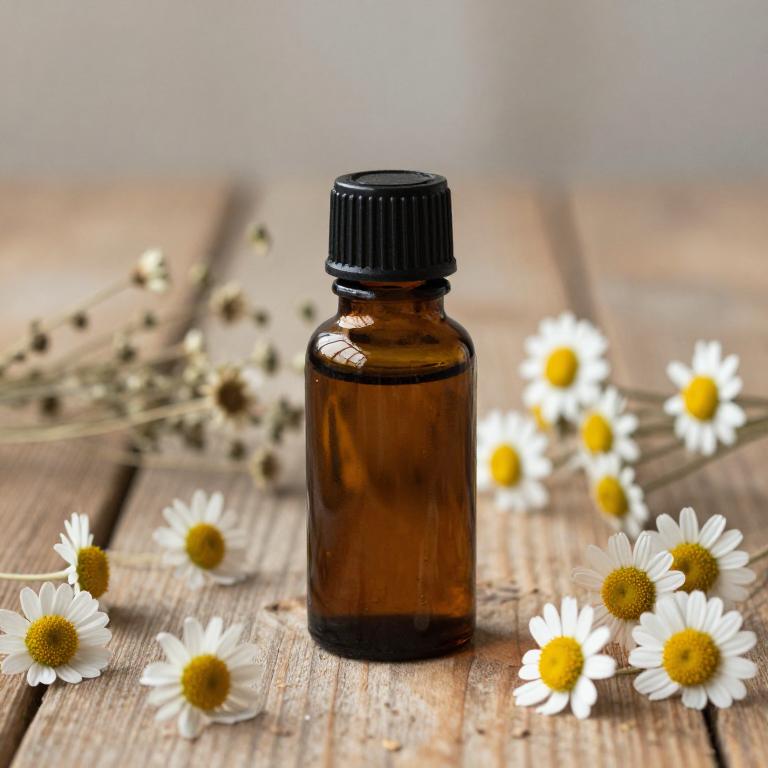
Chamomilla recutita, commonly known as German chamomile, is a herbal essential oil often used for its calming and soothing properties.
Its essential oil contains compounds like bisabolol and chamazulene, which are known for their anti-inflammatory and sedative effects. In the context of grief, this essential oil can help alleviate emotional distress by promoting relaxation and reducing anxiety. When used in aromatherapy, it may support emotional healing by encouraging a sense of peace and comfort.
However, it is important to use it responsibly and in conjunction with professional support when dealing with profound grief.
6. Oregano (Origanum vulgare)
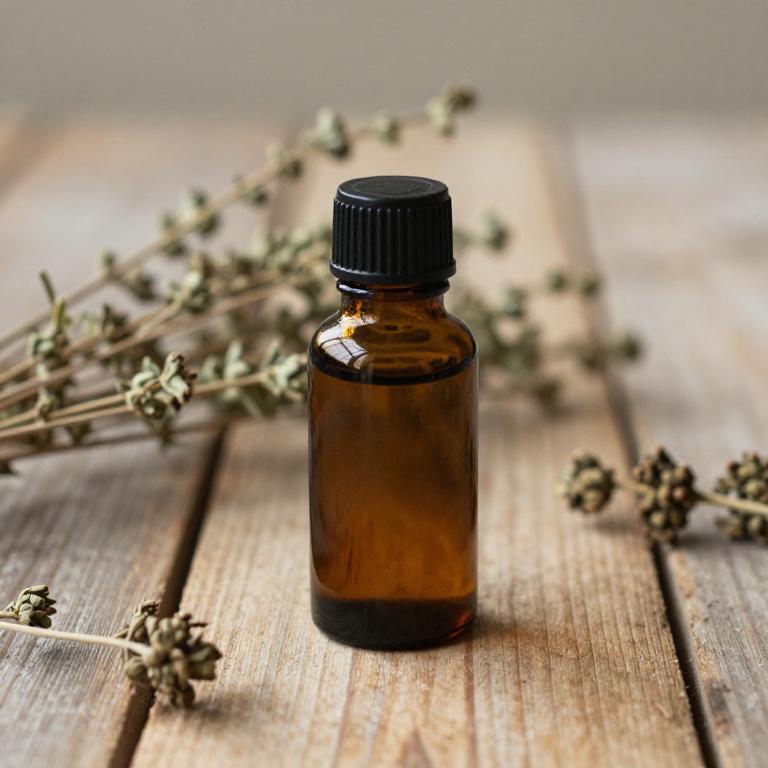
Origanum vulgare, commonly known as oregano, is a versatile herb whose essential oil has been traditionally used for its aromatic and therapeutic properties.
The essential oil of oregano contains potent compounds like carvacrol and thymol, which are known for their antimicrobial, anti-inflammatory, and calming effects. When used in aromatherapy, oregano essential oil can help alleviate emotional distress, including symptoms of grief by promoting a sense of comfort and emotional balance. Its uplifting aroma is believed to stimulate the mind and encourage emotional release, making it a valuable tool in supporting mental well-being during times of loss.
However, it is important to use oregano essential oil with caution, as it is highly concentrated and should be diluted properly before use.
7. Lemon balm (Melissa officinalis)
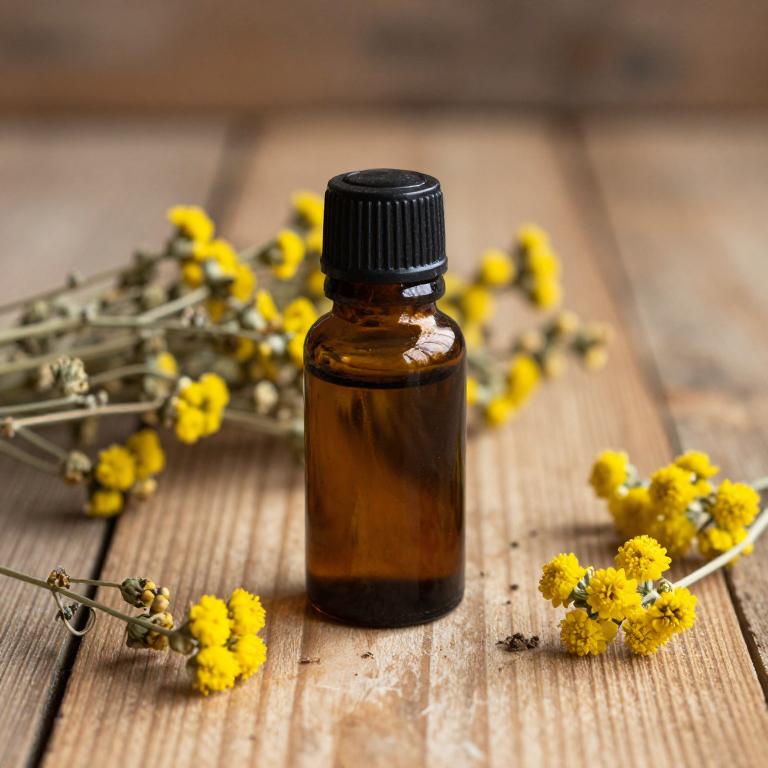
Melissa officinalis, commonly known as lemon balm, is a calming herb often used in essential oil form to support emotional well-being, including during periods of grief.
Its essential oil is known for its soothing and uplifting properties, which can help ease anxiety and promote a sense of peace. When used aromatically or topically, lemon balm essential oil may assist in reducing the intensity of emotional distress and fostering a more balanced mood. It is often recommended as a complementary therapy alongside professional support for those navigating loss.
However, it is important to use the oil responsibly and consult with a healthcare provider, especially for those with existing health conditions or who are taking medications.
8. Sandalwood (Santalum album)
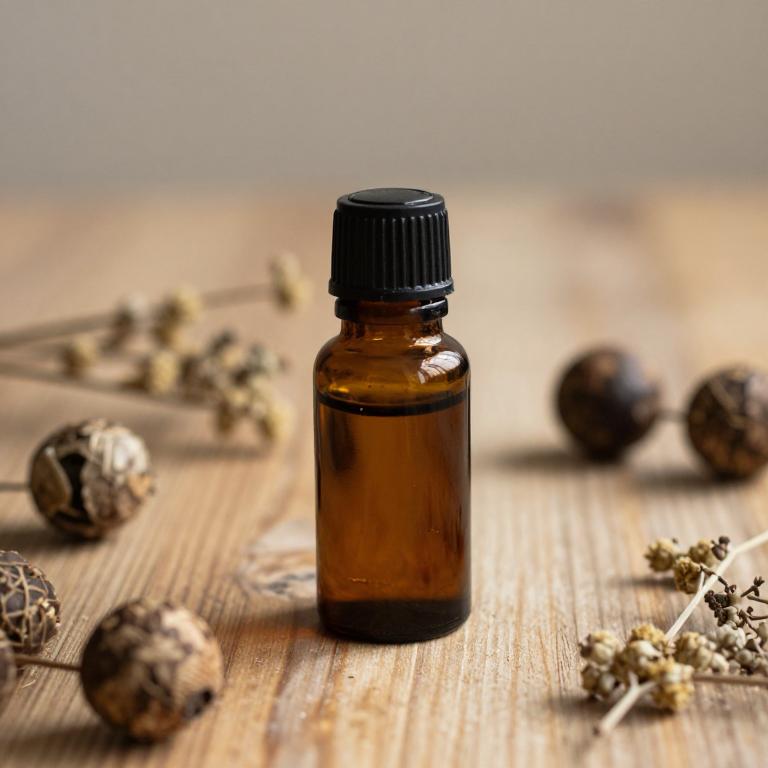
Santalum album, commonly known as sandalwood, is a revered herbal essential oil that has been traditionally used for its calming and grounding properties.
When used in aromatherapy, sandalwood essential oil is believed to help soothe emotional distress and provide comfort during times of grief. Its rich, woody aroma is said to promote a sense of peace and stability, making it a valuable tool for emotional healing. The oil's ability to balance the mind and emotions can aid in reducing feelings of sadness and facilitating a gradual return to emotional equilibrium.
Incorporating Santalum album into a self-care routine may offer a natural and gentle way to support the grieving process.
9. Salvia (Salvia officinalis)

Salvia officinalis, commonly known as sage, has been traditionally used in herbal medicine for its calming and grounding properties, making it a potential ally in the healing process during grief.
The essential oil of sage, derived from the leaves through steam distillation, contains compounds like cineole and thujone, which are believed to support emotional balance and mental clarity. When used in aromatherapy, sage essential oil may help reduce feelings of overwhelm and promote a sense of peace, offering comfort to those navigating loss. Its subtle, earthy aroma can create a soothing atmosphere, aiding in the release of emotional tension and fostering a deeper connection with one's feelings.
While it is not a substitute for professional grief counseling, sage essential oil can be a gentle, natural complement to emotional healing and self-care practices.
10. Black pepper (Piper nigrum)

Piper nigrum, commonly known as black pepper, is not typically associated with grief, but its essential oil can be used in aromatherapy to support emotional healing.
The warming and stimulating properties of black pepper essential oil may help uplift mood and ease feelings of sadness by promoting mental clarity and emotional balance. When used in diffusers or diluted for topical application, it can create a comforting atmosphere that encourages reflection and self-care during times of loss. Its strong, spicy aroma is believed to stimulate the nervous system, potentially helping to reduce feelings of heaviness and emotional numbness.
While it should not replace professional grief counseling, Piper nigrum essential oil can serve as a complementary tool in the journey toward emotional recovery.